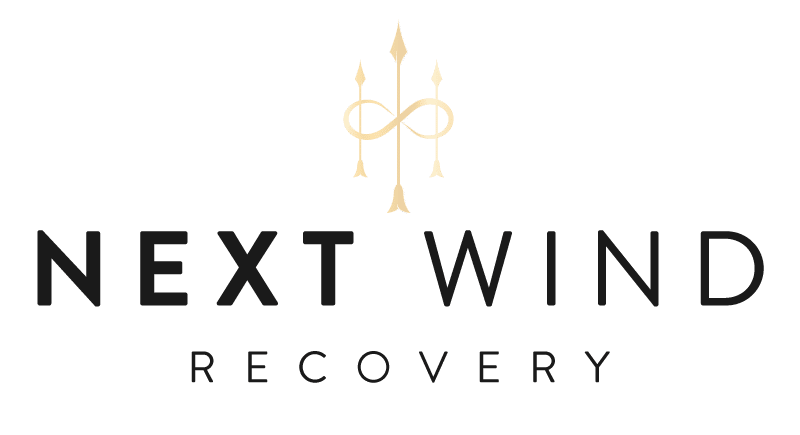- Stay connected with a support system: Regularly attend support group meetings, maintain open communication with loved ones, and seek guidance from a sponsor or mentor.
- Practice self-care: Prioritize self-care activities that promote physical, mental, and emotional well-being, such as exercise, mindfulness, and engaging in hobbies.
- Set realistic goals: Break down long-term goals into smaller, achievable steps. Celebrate each milestone along the way to stay motivated.
- Avoid high-risk situations: Identify and avoid situations, people, or places that may trigger cravings or temptations.
- Develop healthy coping mechanisms: Instead of turning to substances, cultivate healthy coping strategies like journaling, deep breathing exercises, or engaging in creative outlets.
Resources for Drug Recovery Support
There are numerous resources available to support individuals on their drug recovery journey. Here are a few:
- Local rehab centers or treatment facilities: These provide specialized care and support during the initial stages of recovery. Check out Next Wind Recovery.
- Support groups: Alcoholics Anonymous (AA), Narcotics Anonymous (NA), and SMART Recovery offer free support group meetings worldwide.
- Helplines and hotlines: National helplines, such as the Substance Abuse and Mental Health Services Administration (SAMHSA) helpline, offer confidential support and information.
Embracing a Fulfilling Life After Drug Rehab
Embracing a fulfilling life after drug rehab is a personal and transformative journey. It requires dedication, perseverance, and a commitment to making positive changes. With the support of a strong network, healthy coping strategies, and a focus on holistic well-being, lasting drug recovery is achievable. At Next Wind Recovery, we work with clients in all stages of recovery. Our comprehensive programming can be supportive and influential at any point in the recovery process. Learn more about life after drug rehab by working with our specialists today.








